Manuka Honey For Skin: 5 Proven Benefits And 6 DIY Masks
Explore the benefits of manuka honey and let your skin indulge in some of nature’s sweet treats!
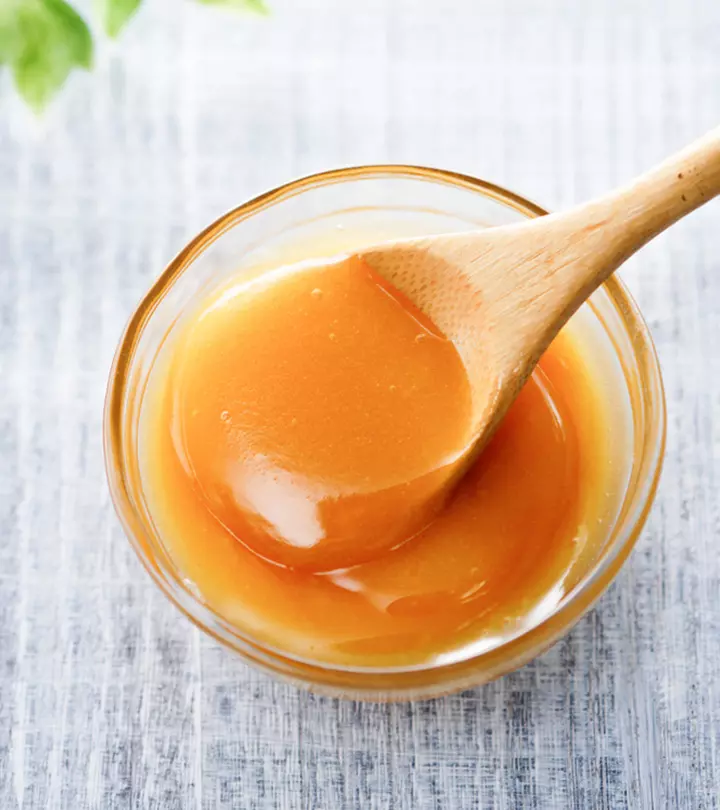
Image: ShutterStock
You should definitely try manuka honey for skin care. This well-known ingredient is generating quite a stir in the world of skin care. According to anecdotal claims and scientific studies, it offers some wonderful skin benefits. Manuka honey appears to solve many skin problems, from supposedly healing acne to serving as a hydrating facial cleanser.
If you want to get in on the manuka honey beauty craze, this article is for you. We discuss everything about this potent substance that you need to know. Keep reading!
In This Article
What Is Manuka Honey?
Manuka honey is produced by bees from the nectar of the Manuka bush. It is native to New Zealand and Southeast Australia. Manuka honey possesses excellent storage properties without the need for refrigeration. It is typically mustard-colored and more opaque than its counterparts. It contains sugars, water, enzymes, and vitamins. Manuka honey should contain at least 70% pollen to be called as such (1).
 Trivia
TriviaLet us now look at the benefits of manuka honey for the skin.
Key Takeaways
- Manuka honey is a natural humectant that draws in and retains moisture.
- The antibacterial, antimicrobial, and anti-inflammatory properties of manuka honey help improve skin health.
- You can prepare manuka honey face masks at home with ingredients like aloe vera gel and essential oils that boost your skin glow.
- Pregnant women and children under the age of 12 should avoid manuka honey.
Benefits Of Manuka Honey For Your Skin
Manuka honey comes with all the known honey benefits and is a powerhouse for your skin as it is packed with natural antibacterial and healing properties. So, it can help soothe irritation and promote a healthy glow. Scroll down to read more about Manuka honey and discover how this golden wonder can elevate your skincare routine!
1. Has Antibacterial Properties
Manuka honey has notable antibacterial properties due to the presence of hydrogen peroxide – a natural antibacterial that helps treat wounds and cleanses the skin (2),(3). Honey can effectively make the wound environment less favorable for bacteria (2). Manuka honey can also help treat sore throat, burns, infections, gum issues, Propionibacterium acne (a kind of bacteria associated with acne), indigestion, and gastroesophageal reflux (4),(5).
2. Works As An Antimicrobial Agent
Manuka honey contains antimicrobial ingredients such as methylglyoxal (MGO) and leptosin (2). This inhibits bacterial growth and can enhance wound healing as well as tissue regeneration (6).
3. Has Antioxidant properties
Manuka honey contains propolis, another component of honey, which includes flavonoids and phenolic acids. These contribute to its antioxidant and immuno-stimulant properties (6).
4. Helps Fight Inflammation
Manuka honey soothes the skin and reduces redness. It can also control the activity of neutrophils, which are white blood cells that produce inflammatory proteins (7).
5. May Work As A Natural Humectant
Manuka honey is a natural humectant. It may help draw in and retain moisture, making it an ultra-useful ingredient for moisturizers as well as emollients. However, more research is warranted in this regard.
Let us now look at how you can use manuka honey on your face.
How To Use Manuka Honey On Your Face
Step 1
: Make sure your skin is clean before you use manuka as a natural cleanser. This will ensure the manuka honey face mask works better.
Step 2: Post cleansing, gently spread about 1 tablespoon of high-quality manuka honey over your face.
Step 3: Let the manuka honey face mask sit for at least 20-30 minutes to ensure it seeps into your skin.
Note: Your body heat might cause the honey to drip a little. Hence, make sure to wear something that can be washed easily.
Step 4: Rinse off the face mask after 30 minutes. You can use a soft microfiber cloth dipped in warm water to remove the honey.
Step 5: Follow up with a high-quality face serum or moisturizer.
Step 6: Repeat this process at least twice a week for best results.
 Trivia
TriviaIn the next section, we will look at the top manuka honey recipes that can boost your skin health and glow.
Manuka Honey At Home: DIY Recipes
As A Face Mask
Recipe 1: Manuka Honey And Lavender Face Mask
- Mix one tablespoon of manuka honey with 2-3 drops of lavender essential oil.
- Gently apply to the face and let it sit for 15-20 minutes.
- Wipe off with a warm washcloth.
Recipe 2: Manuka Honey And Lemon Face Mask
- Mix one tablespoon of manuka honey with 1-2 drops of high-quality lemon essential oil.
- Gently massage your face with this mixture and let it sit for 15-20 minutes.
- Wash off with a warm washcloth.
- Ensure you avoid direct sun exposure for 24 hours after using the mask, as lemon oil can make the skin photosensitive to the sun.
Recipe 3: Manuka Honey And Avocado Mask
- Mix one tablespoon of manuka honey and ½ a ripe avocado.
- Apply to the face and let it sit for 15-20 minutes.
- Wash with a warm washcloth.
Recipe 4: Manuka Honey And Almond Oil/Aloe Vera Gel
- Mix 1 tablespoon of manuka honey with ½ a teaspoon of aloe vera gel/almond oil.
- You can also add a drop of rosehip oil.
- After cleansing your face, apply the mask and let it sit for about 15 to 20 minutes.
- Wash it off, pat dry, and moisturize as you generally would.
Recipe 5: Manuka Honey And Yogurt Face Mask
- Mix 1 tablespoon of powdered oatmeal and 1 teaspoon of manuka honey with Greek yogurt.
- Apply the paste on your face, neck, and decolletage in gentle circular motions.
- Let the face mask sit on your skin for 15-20 minutes.
- Then, rinse the mask off with warm water and follow it with moisturizer.
Recipe 6: Manuka Honey And Cinnamon Mask
- Thoroughly blend 2 tablespoons of manuka honey and 1 teaspoon of cinnamon powder.
- Microwave the paste for 30 seconds.
- Evenly apply the mixture on your face, neck, and decolletage with your hands.
- Leave the mask on for 15-20 minutes.
- Rinse with warm water and pat dry your face with a clean towel.
As A DIY Face Wash
- Mix 1 tablespoon of manuka honey with a few drops of water or witch hazel.
- Massage gently onto your face, in circular motions.
- Gently wash off and pat dry.
As A Spot Treatment
- Apply manuka honey on the blemish.
- Cover it with a bandage and leave it on overnight.
- Alternatively, you can wait until it dries and wash it off.
Renata, a blogger, has tried various DIY face masks with honey and clay and shared her experience in a blog post. She says, “I find pure clay masks much too drying on my skin, so mixing it with manuka honey is like pure heaven to me, not only my skin detoxes but it hydrates at the same time (i).”
How Often Should You Use Manuka Honey On Your Face?
Perform a patch test with the honey to see if you are allergic to it. People with sensitive skin may need to take extra care. Apply a small amount to your skin. If you experience any kind of rash or redness, stop use immediately. If you do not experience any kind of irritation, the honey is safe to use.
In terms of the ideal frequency, speak to your dermatologist for proper guidance and care.
Pro Tip: Make sure you purchase raw and unpasteurized manuka honey. Look for an MGO of at least 250, UMF of at least 16+, or K-factor of at least 16. Remember that the higher the rating, the better the quality of the honey.
While manuka honey has many benefits, it is important to be aware of its side effects too. Keep reading to know more.
Risks And Warnings
- Manuka honey should not be consumed by pregnant or breastfeeding women in amounts greater than that found in food (2).
- Do not give manuka honey to children under 12 months of age due to the risk of botulism (2).
- If you are susceptible to pollen allergies, you may develop sensitivity towards the honey. Speak to your doctor before using or consuming this honey in any form.
- If you are using oral hypoglycaemic agents or insulin, speak to your doctor before consuming this honey in any form.
Manuka honey is a wonderful solution to several skin care woes. You may use manuka honey for skin-related issues like dryness, acne, and blemishes. Manuka honey’s antibacterial, antimicrobial, and antioxidant properties help treat wounds, cleanse the skin, and reduce redness. There are several DIY manuka honey face masks you can prepare by mixing them with other ingredients like lemon, lavender, aloe vera, or avocado.
You may consult your dermatologist to know how much manuka honey you can use. However, people with sensitive skin should take extra care.
Try this all-purpose ingredient and take your skincare game to the next level. Make sure to consult your dermatologist to understand the right frequency of application depending on your skin type and underlying concerns, if any.
Frequently Asked Questions
Does Manuka honey make you look younger?
Manuka honey may reduce the signs of aging, like fine lines, wrinkles, dark circles, and under-eye bags, to give you a youthful appearance.
Does Manuka honey increase collagen?
Manuka honey is rich in methylglyoxal which is known to promote collagen production in skin cells (8).
Can I put Manuka honey in warm milk or hot tea?
No. The nutrients and bio-ingredients in Manuka honey may get denatured when mixed in warm milk because of the high temperature. So instead, you may take the honey in lukewarm or room-temperature milk, tea, or water.
In the following video, discover various DIY Manuka honey mask recipes. The video also details the benefits of honey for addressing acne and other skin issues. Check out the video for a step-by-step guide.
Personal Experience: Source
StyleCraze's articles are interwoven with authentic personal narratives that provide depth and resonance to our content. Below are the sources of the personal accounts referenced in this article.
(i) DIY Manuka Honey Masks – over 12 Recipeshttps://greenlifeindublin.blogspot.com/2017/10/diy-manuka-honey-masks-over-12-recipes.html
References
Articles on StyleCraze are backed by verified information from peer-reviewed and academic research papers, reputed organizations, research institutions, and medical associations to ensure accuracy and relevance. Read our editorial policy to learn more.
- Manuka Honey: A Potent Cariostatic Agent— An in vitro Study
https://www.ncbi.nlm.nih.gov/pmc/articles/PMC6034044/ - Manuka honey
https://www.researchgate.net/publication/309067113_Manuka_honey - The Present and the Potential of Manuka Honey in Dermal Regenerative Medicine
https://www.researchgate.net/publication/263029825_The_Present_and_the_Potential_of_Manuka_Honey_in_Dermal_Regenerative_Medicine - Manuka honey: an emerging natural food with medicinal use
https://www.researchgate.net/publication/246547029_Manuka_honey_an_emerging_natural_food_with_medicinal_use - Antibacterial Activity of Ethanolic Extract of Cinnamon Bark, Honey, and Their Combination Effects against Acne-Causing Bacteria
https://www.ncbi.nlm.nih.gov/pubmed/28398231 - Health Benefits Of Manuka Honey As An Essential Constituent For Tissue Regeneration
https://www.researchgate.net/publication/319714184_Health_Benefits_Of_Manuka_Honey_As_An_Essential_Constituent_For_Tissue_Regeneration - The Effect of Manuka Honey on dHL-60 Cytokine, Chemokine, and Matrix-Degrading Enzyme Release under Inflammatory Conditions
https://www.ncbi.nlm.nih.gov/pmc/articles/PMC6594701/ - A Preliminary Study on the Potential of Manuka Honey and Platelet-Rich Plasma in Wound Healing
https://www.ncbi.nlm.nih.gov/pmc/articles/PMC3523149/
Read full bio of Dr. Swati Mutha
Read full bio of Arshiya Syeda
Read full bio of Ramona Sinha
Read full bio of Swathi E







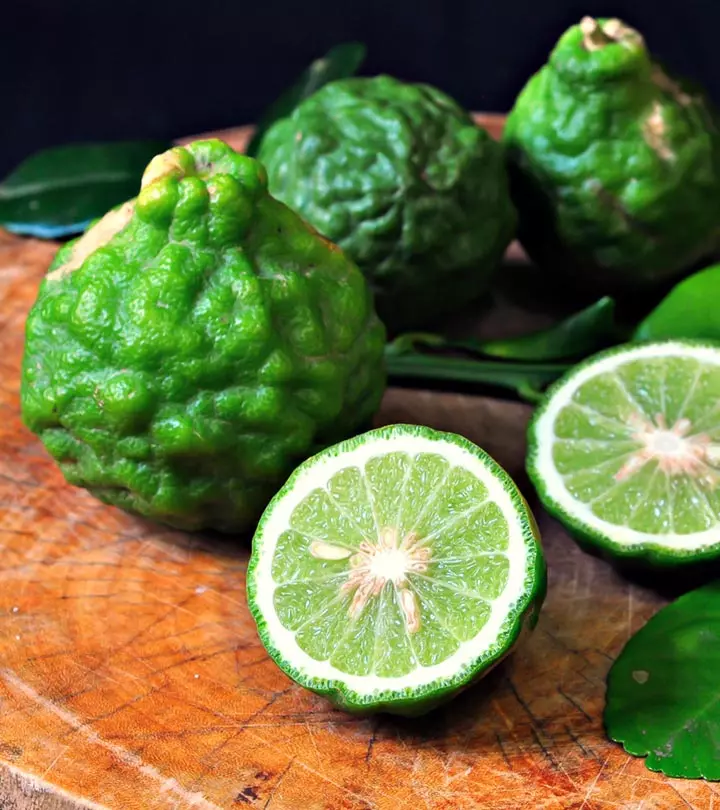
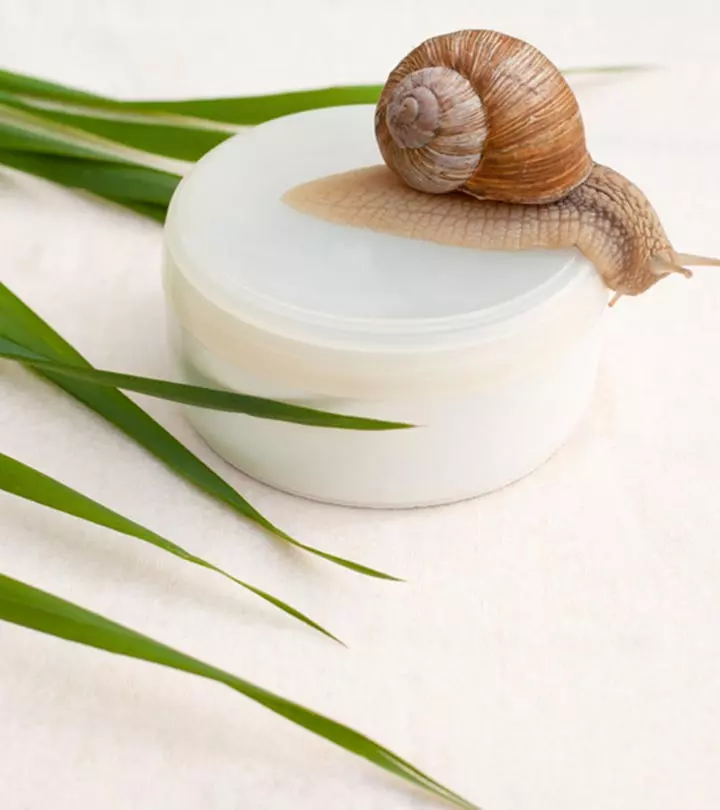


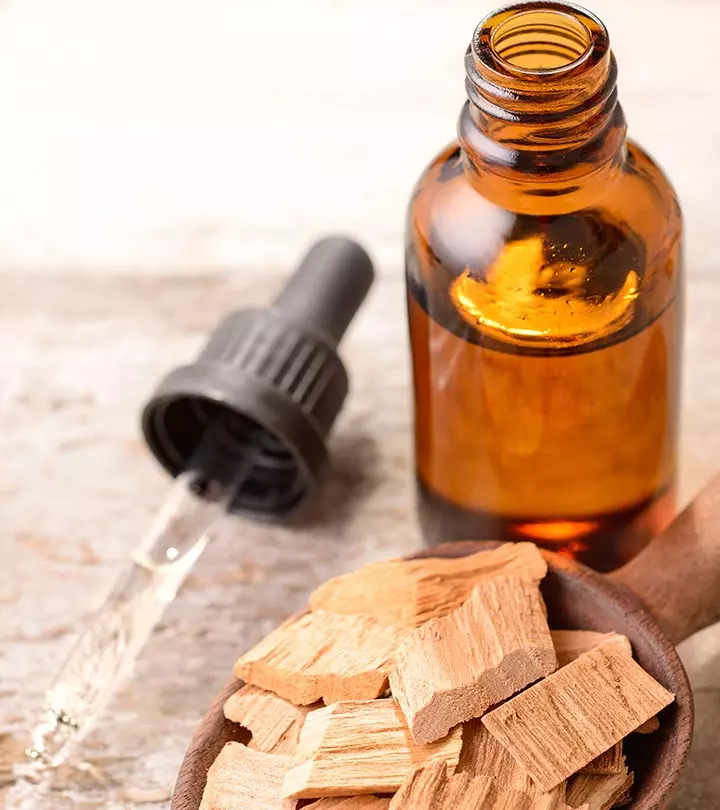
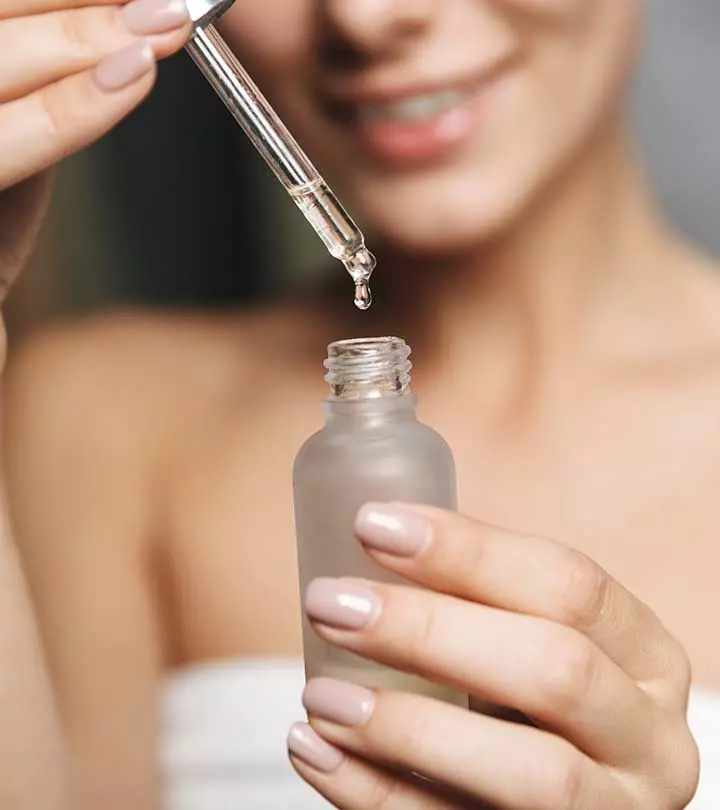
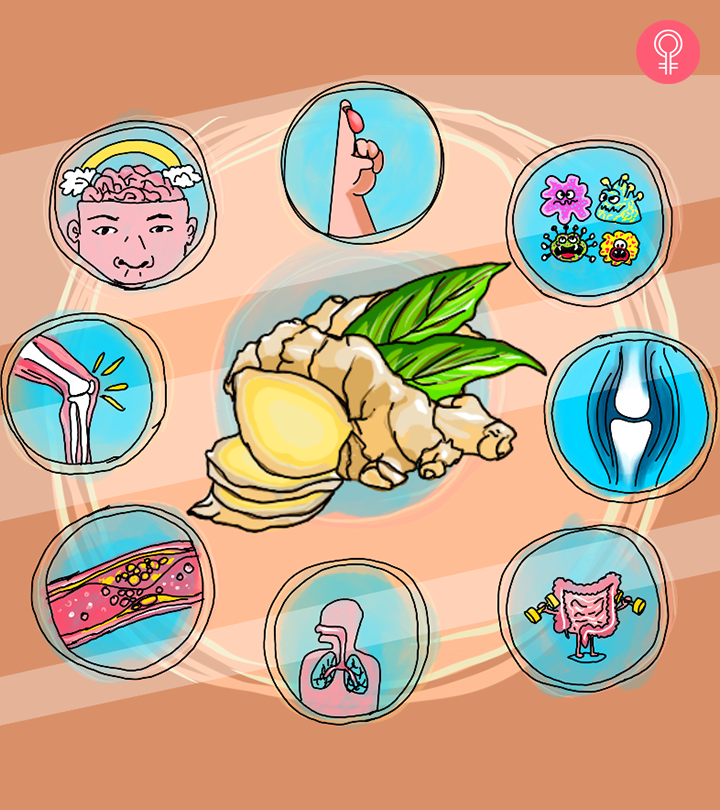


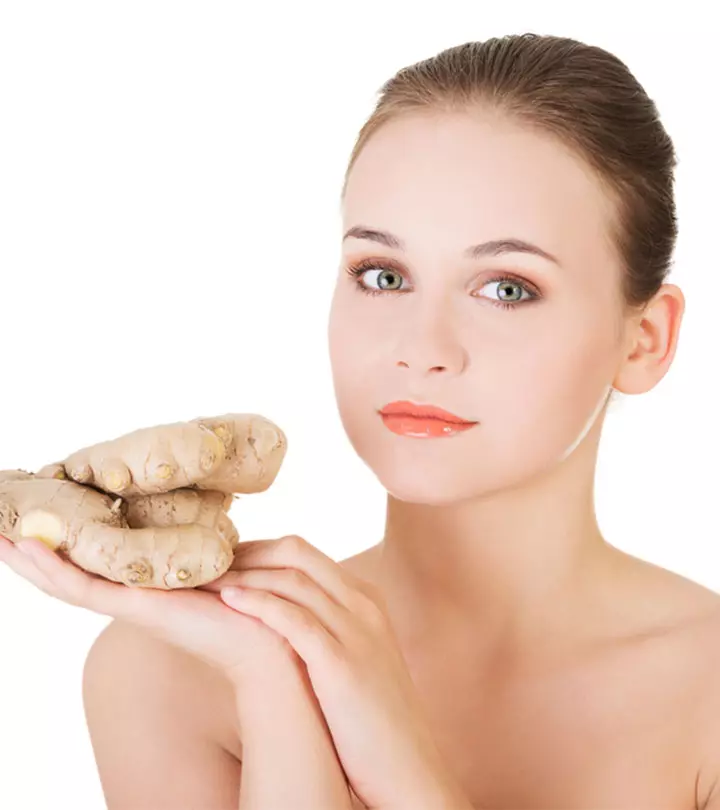
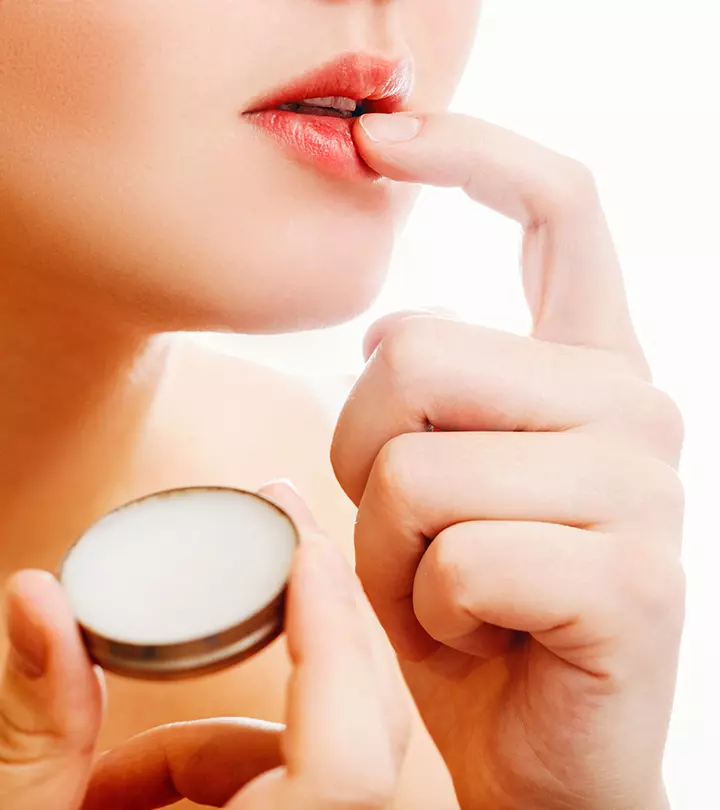
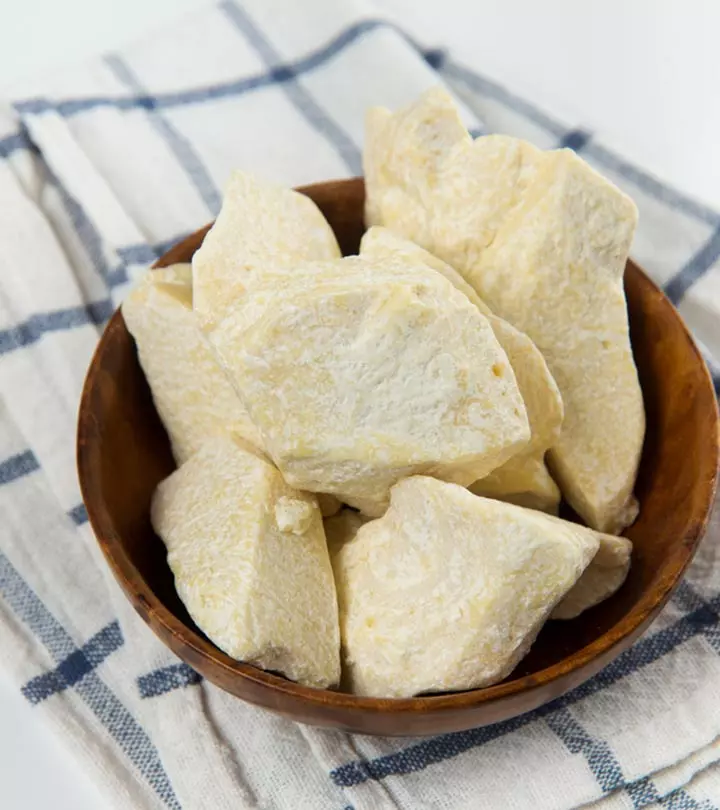
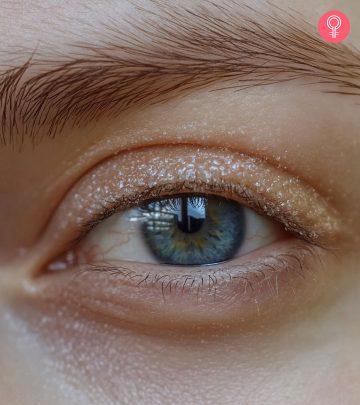
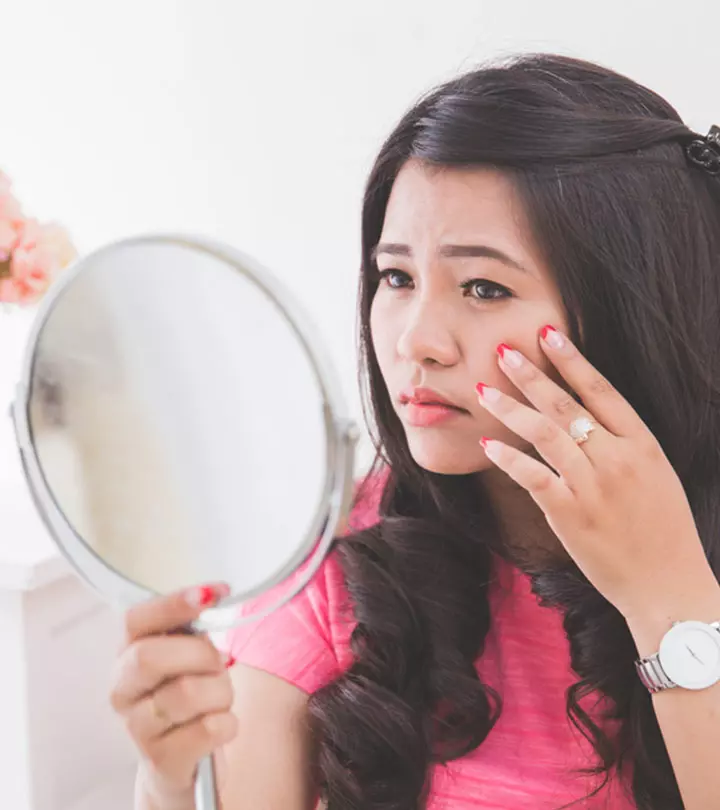
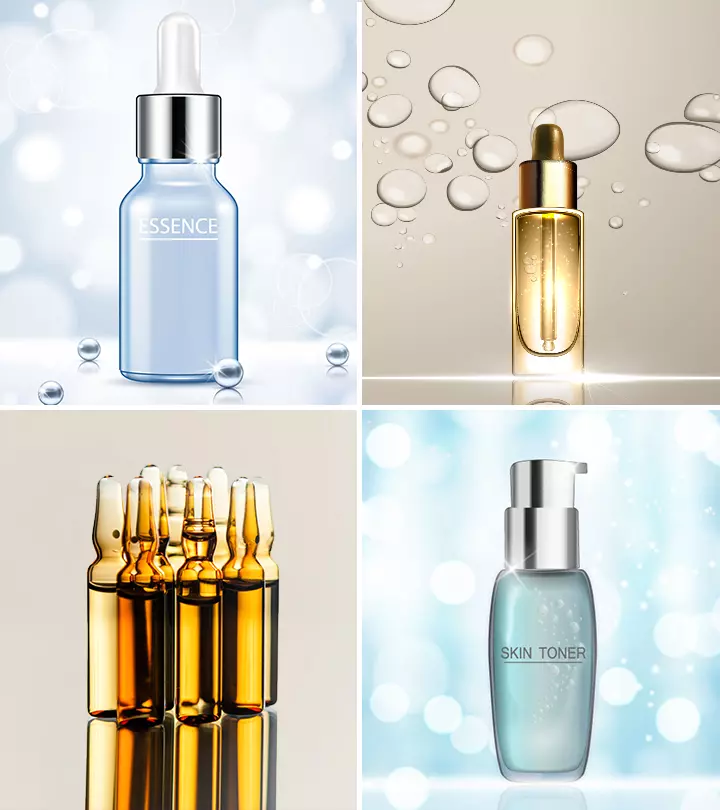

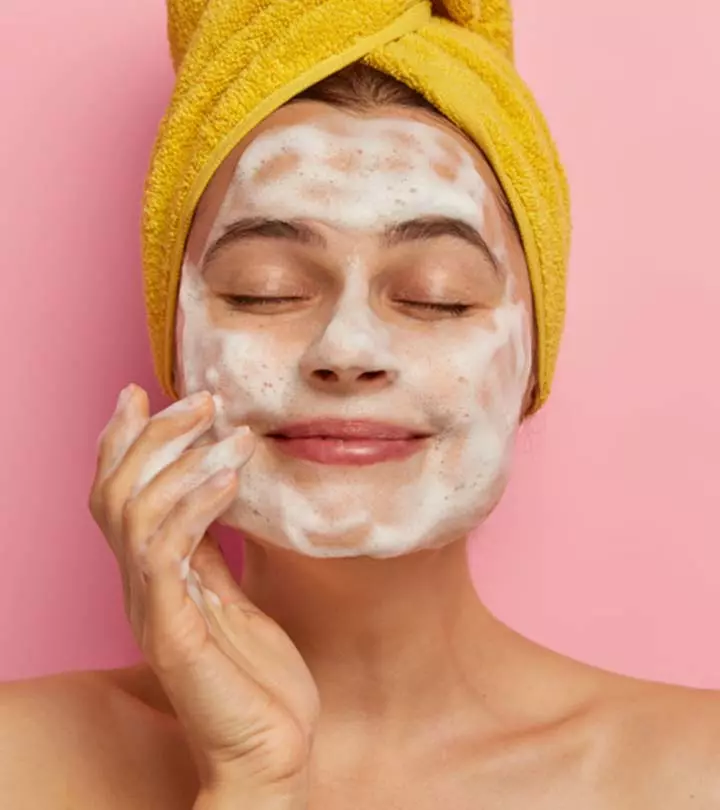
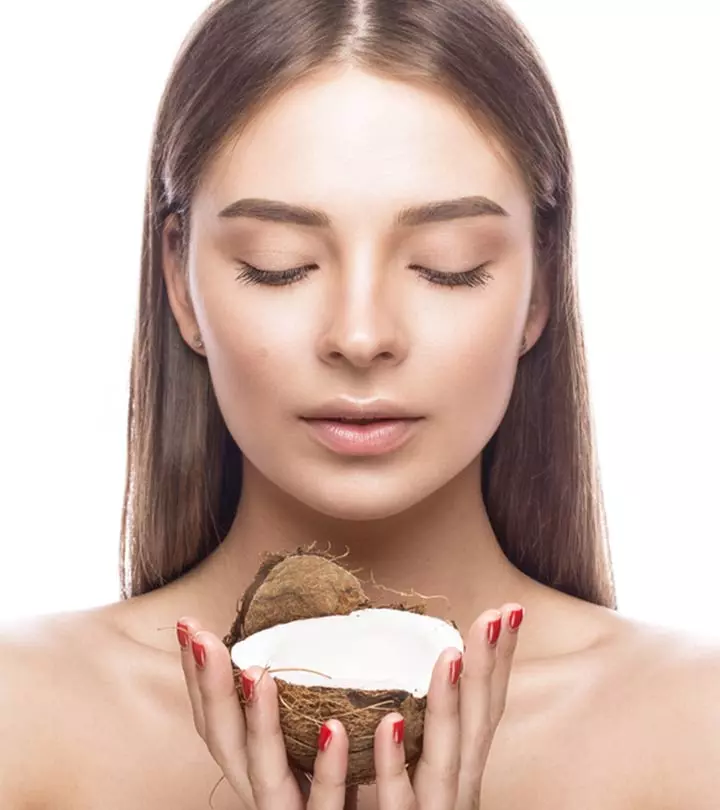


Community Experiences
Join the conversation and become a part of our empowering community! Share your stories, experiences, and insights to connect with other beauty, lifestyle, and health enthusiasts.